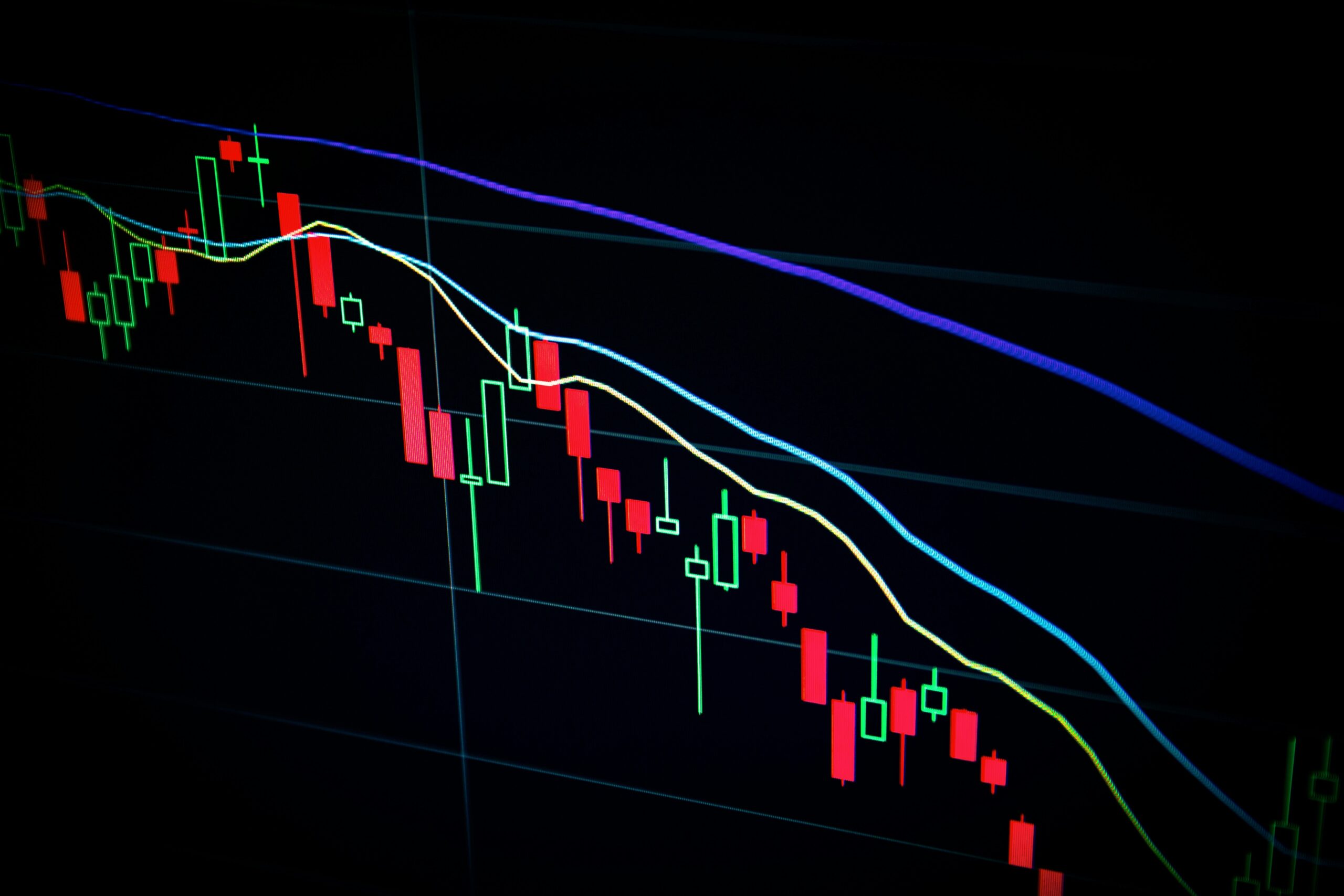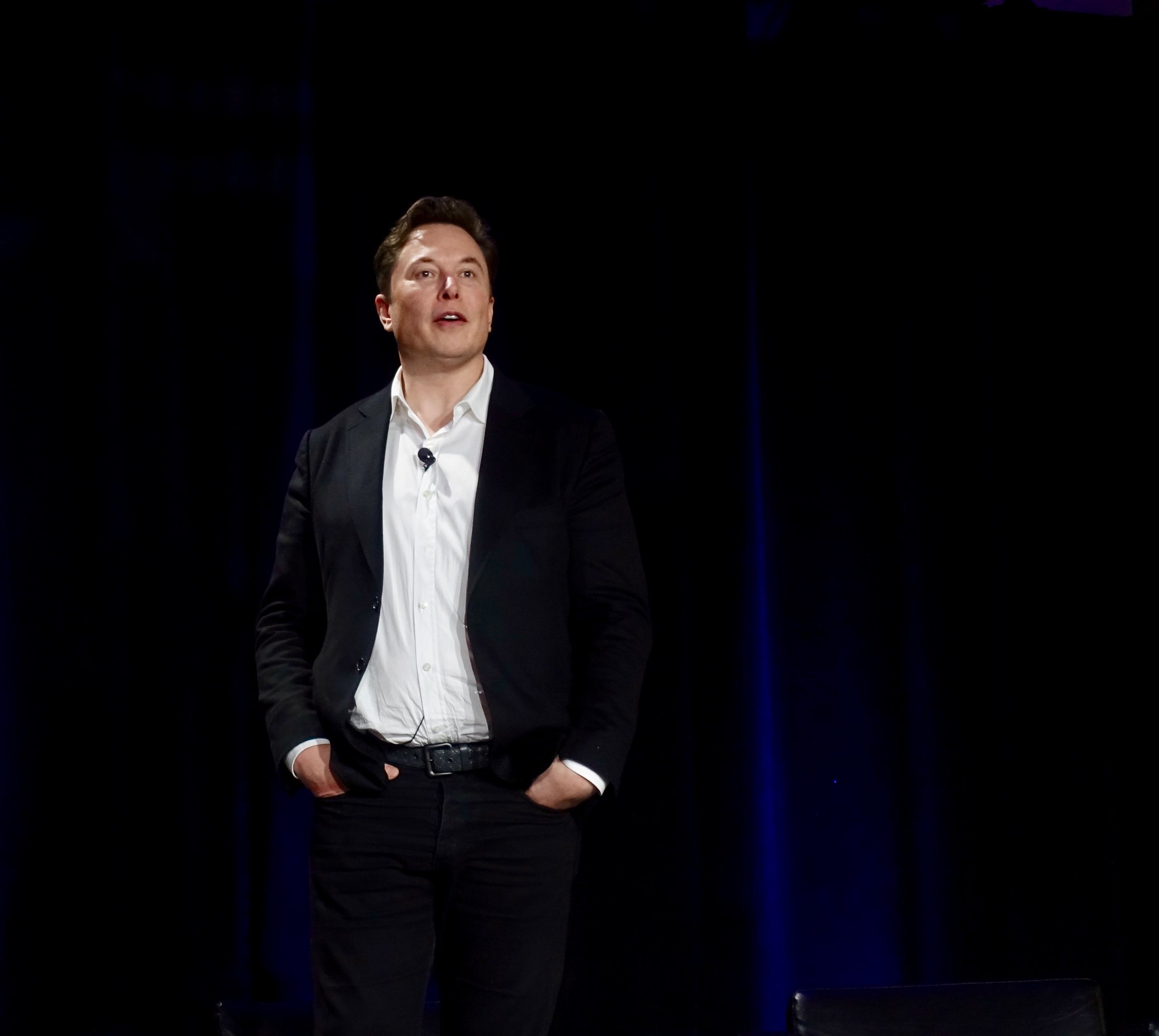In the wake of a robust rally in the U.S. stock market, particularly among AI-focused tech stocks, analysts are weighing in on the discourse surrounding a potential market bubble. Despite the S&P 500’s impressive climb for 16 of the last 18 weeks, closing at an all-time high, experts from Wall Street to global financial firms are not sounding the alarm bells of a bubble about to burst.
The term ‘bubble’, evocative of the dotcom bust of the early 2000s, suggests an overvaluation of assets poised for a sharp correction. However, current market conditions, as per UBS strategists, do not mirror those of the late ’90s bubble. They point to substantial differences in earnings, margins, free cash flow, and IPO and M&A activity, alongside signals from options markets, to support their stance.
The “Magnificent 7” tech giants, including the likes of Nvidia, have led the charge in the market’s ascent. This concentration has drawn parallels to the late ’90s, yet today’s tech behemoths back their valuations with solid shareholder returns, not mere hype. The Federal Reserve’s expected interest rate cuts in June further bolster the case for sustained growth in high-tech sectors.
TS Lombard, a research firm, acknowledges the market’s narrow nature but justifies the concentration based on the stellar earnings of these top-performing companies. The firm suggests that while the tech sector’s dominance makes the index vulnerable to sector-specific risks, the current bull market lacks a crucial ingredient typically present in a bubble: irrational exuberance unbacked by actual performance.
The debate over a stock market bubble is not new, and it often surfaces when indices reach new heights. Yet, the consensus among analysts is clear: the market’s fundamentals are strong, and the growth, though concentrated, is rooted in tangible financial success. This perspective offers reassurance to investors who might fear a repeat of the past’s tumultuous crashes.
As the market continues to navigate through economic uncertainties and geopolitical tensions, the watchful eyes of analysts remain fixed on the horizon, searching for signs of overextension. For now, their verdict is unanimous—concerns of a bubble are overblown, and the market’s vitality is not just a facade but a reflection of a resilient economy poised for further growth.



